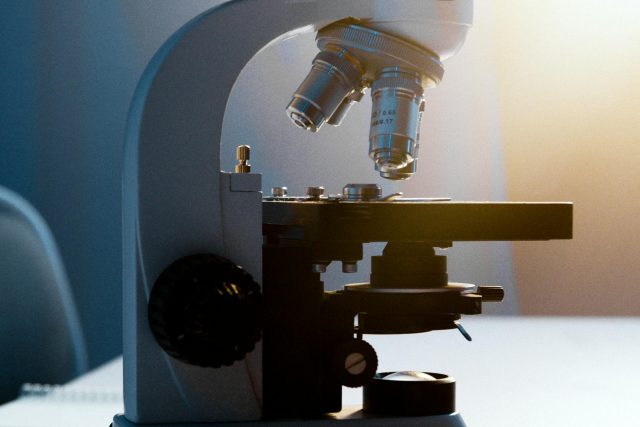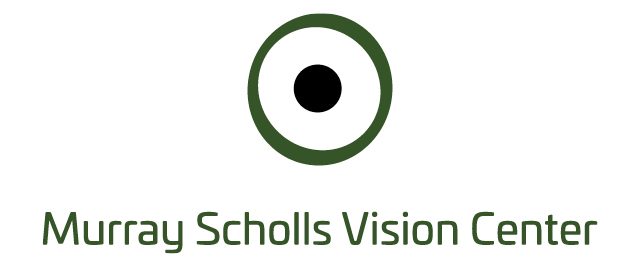Expert Management of Eye Diseases in Beaverton
Treating eye diseases involves a multifaceted approach tailored to the patient's specific condition and individual needs. From early detection through eye exams to advanced therapeutic interventions, we can manage a spectrum of eye diseases, including glaucoma, macular degeneration, diabetic retinopathy, cataracts, and keratoconus.

Cutting-Edge Treatments for Eye Diseases

Glaucoma: Types and Treatments
Glaucoma is a serious eye disease caused by high intraocular eye pressure, damaging the retina. Common forms include open-angle glaucoma, the most prevalent type, characterized by a gradual increase in eye pressure leading to optic nerve damage. Narrow-angle glaucoma, a more sudden and often painful condition, can quickly impair vision. Treatments can range from medications to laser therapy or surgery, depending on the severity and progression of the glaucoma.
Macular Degeneration: Detection and Care
Age-related macular degeneration (AMD) is a leading cause of vision loss among older adults caused by the deterioration of the macula, the central portion of the retina responsible for sharp, straight-ahead vision. There are two main types: dry AMD, which involves the gradual thinning of the macula, and wet AMD, characterized by the growth of abnormal blood vessels under the retina, leading to more rapid vision loss.
Other types of AMD include myopic macular degeneration. This condition is associated with high levels of nearsightedness, leading to changes in the macula that can impair vision. Early detection and management are crucial to slowing progression, with treatments focusing on lifestyle adjustments and, in some cases, specialized therapies to preserve vision.

Diabetic Retinopathy: Diagnosis and Management
Diabetic retinopathy affects the blood vessels in the retina due to high blood sugar levels. For individuals with diabetic retinopathy, self-care plays a critical role in managing this condition. While you can manage the early stages of this disease with strict blood sugar control to prevent progression, advanced diabetic retinopathy requires more direct treatments, such as laser surgery or injections, to stabilize vision and prevent further damage, highlighting the importance of regular eye exams and diabetes management.

Keratoconus: Surgery and Scleral Lenses
Keratoconus is an eye condition where the cornea, the clear front part of the eye, gets thin and bulges like a cone. Treating it can include surgery and special contact lenses called scleral lenses. People looking into treatments usually consider various methods, like corneal cross-linking, which strengthens the cornea, or even corneal transplants, to help keep the cornea's shape stable and improve sight.

